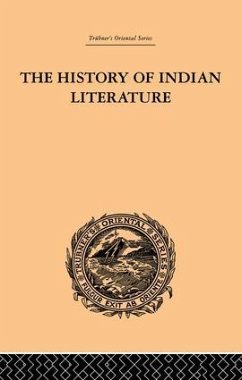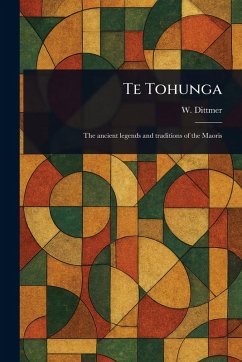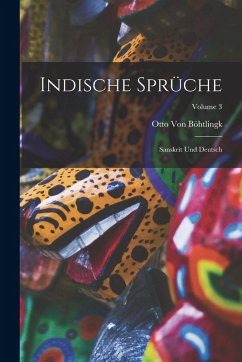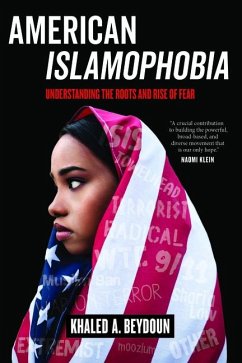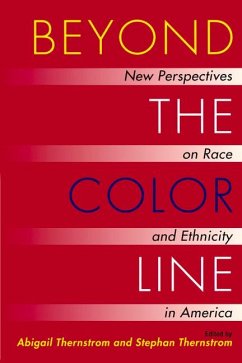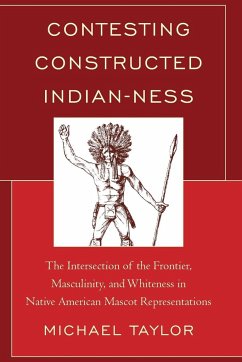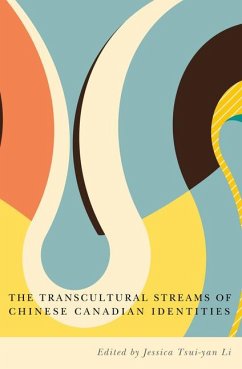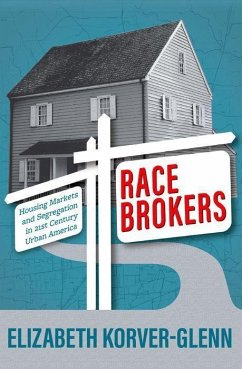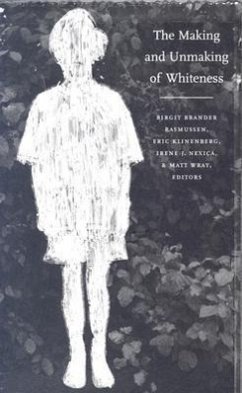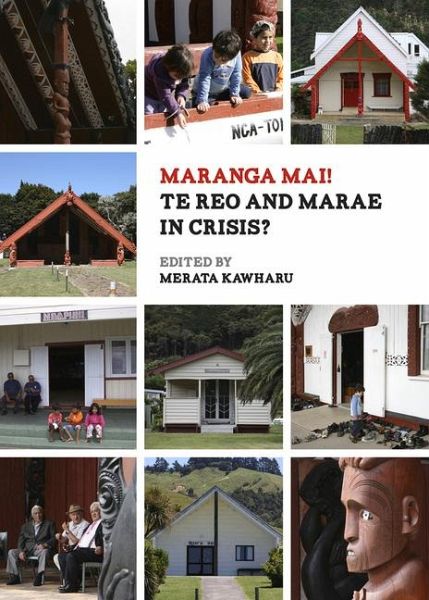
Maranga Mai! Te Reo and Marae in Crisis?
Versandkostenfrei!
Versandfertig in über 4 Wochen
41,99 €
inkl. MwSt.

PAYBACK Punkte
21 °P sammeln!
In recent decades, New Zealand Maori have made huge efforts to reinvigorate their language (te reo) and the life of tribal meeting places (marae) as the twin cornerstones of Maori identity. Maori television and radio stations have been set up, a Maori Language Commission established, and language emersion early childcare centers (kohanga reo), schools (kura kaupapa), and universities (wananga) have emerged. But despite these efforts, te reo and tribal marae today seem to be in crisis: the number of children in kohanga reo is down 34 percent from its peak, only 15 percent of Maori children are ...
In recent decades, New Zealand Maori have made huge efforts to reinvigorate their language (te reo) and the life of tribal meeting places (marae) as the twin cornerstones of Maori identity. Maori television and radio stations have been set up, a Maori Language Commission established, and language emersion early childcare centers (kohanga reo), schools (kura kaupapa), and universities (wananga) have emerged. But despite these efforts, te reo and tribal marae today seem to be in crisis: the number of children in kohanga reo is down 34 percent from its peak, only 15 percent of Maori children are attending Maori-medium schooling, and fewer and fewer people are participating in marae activities. Without a living language spoken regularly on the marae or in everyday lives, what does the future hold for Maori and for the nation of Aotearoa New Zealand? Focusing on the northern tribal district Tai Tokerau as a case study but with conclusions applicable across the country, the leading Maori scholars and elders in Maranga Mai! ask these key questions and pose potential solutions. The chapters provide personal accounts and stories, statistics, demography and policy questions, and present important challenges for current and new generations of leaders to resolve.



